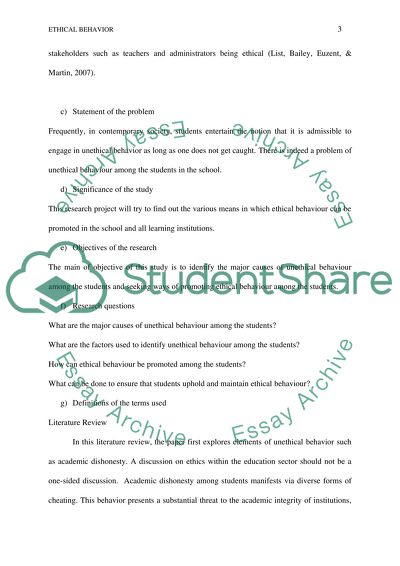Cite this document
(“Creating a climate of Ethical Behaviour in the School Research Paper”, n.d.)
Creating a climate of Ethical Behaviour in the School Research Paper. Retrieved from https://studentshare.org/education/1481040-creating-a-climate-of-ethical-behaviour-in-the
Creating a climate of Ethical Behaviour in the School Research Paper. Retrieved from https://studentshare.org/education/1481040-creating-a-climate-of-ethical-behaviour-in-the
(Creating a Climate of Ethical Behaviour in the School Research Paper)
Creating a Climate of Ethical Behaviour in the School Research Paper. https://studentshare.org/education/1481040-creating-a-climate-of-ethical-behaviour-in-the.
Creating a Climate of Ethical Behaviour in the School Research Paper. https://studentshare.org/education/1481040-creating-a-climate-of-ethical-behaviour-in-the.
“Creating a Climate of Ethical Behaviour in the School Research Paper”, n.d. https://studentshare.org/education/1481040-creating-a-climate-of-ethical-behaviour-in-the.


